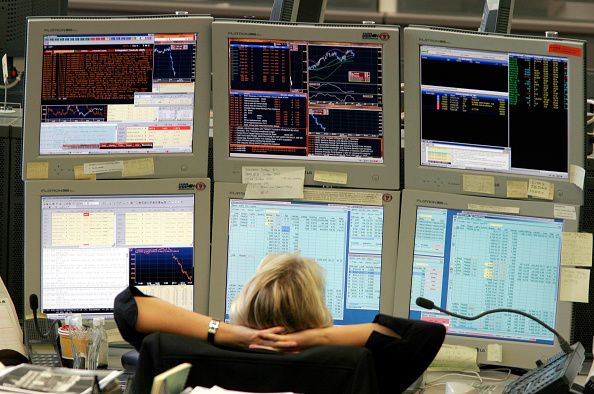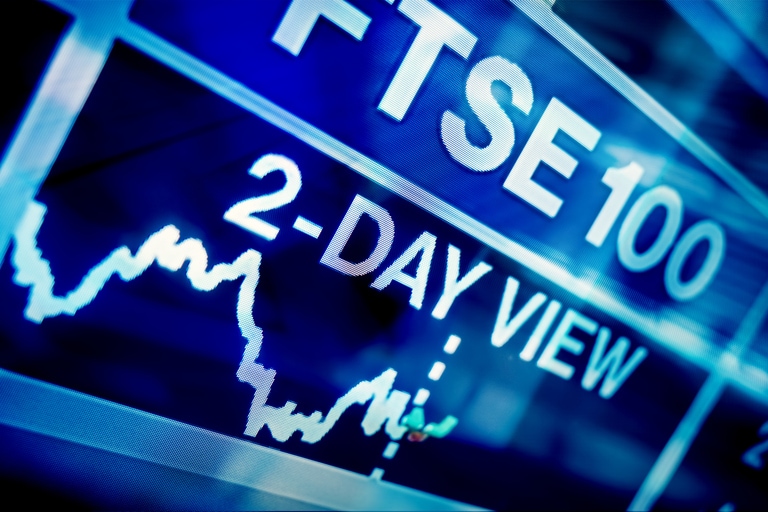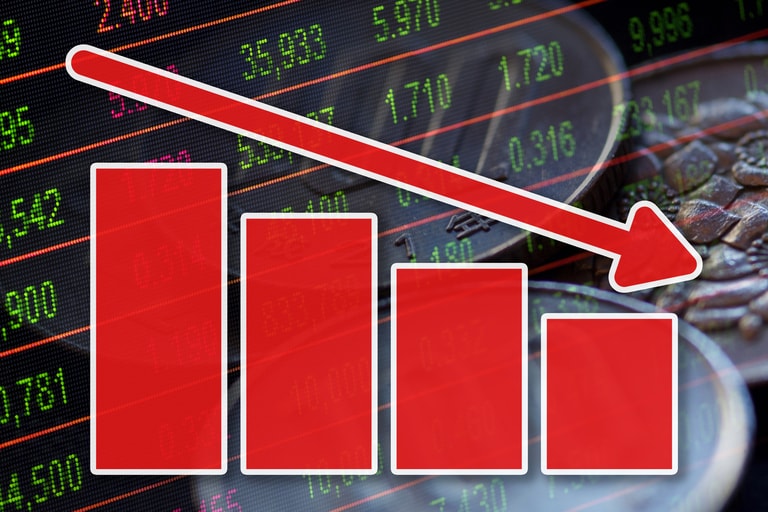At yesterday’s European Central Bank meeting, interest rates and the pandemic emergency purchase programme (PEPP) were left unchanged – in line with forecasts.
The bank’s president, Christine Lagarde, confirmed the bond buying scheme would be boosted as a way to keep yields down. This was well received by equity traders because rising yields have rattled stocks recently.
The ECB hiked its inflation forecast for 2021 to 1.5%, from 1%, next year’s forecast is now 1.2%, up from 1.1%. Ordinarily, the revisions would put upward pressure on yields but the ECB made it clear they are determined to stop yields from taking off. Many eurozone countries are nursing high debt to GDP levels so higher borrowing costs would be a major issue for certain governments.
A few hours after the close of the European trading session, President Biden signed off on the $1.9 trillion relief package. The generous scheme includes stimulus cheques worth $1,400, some people will receive their payments as soon as this weekend. The confirmation of the spending programme gave US stocks another jolt higher. The Dow Jones and the S&P 500 set record highs, the NASDAQ 100 gained 2.3%. US stocks got off to a good start partially due to the jobless claims report, the reading fell to 712,000, a 14 week low.
The US dollar index fell again as the recent slide in the US 10-year yield continued EUR/USD and GBP/USD moved higher thanks to the softer greenback. Gold and silver briefly hit one week highs but the metals rolled over, despite the negative move in the dollar. It is possible that profit taking hurt the metals.
Following the death of a patient who received the AstraZeneca-Oxford vaccine, a number of European countries have halted administering the drug as they want to test its safety before continuing with its distribution. Hiccups in rolling out the vaccine might weigh on the broader sentiment. Sticking with the Astra theme, it is understood the pharma company will miss its vaccine delivery target to the EU in the first quarter. Meanwhile, in the US, President Biden said all adults should be eligible for the vaccine by 1 May.
The Nikkei 225 is the outperformer in the Far East, equities in mainland China are largely flat, while Hong Kong’s market is in the red. A slightly negative start is predicted for Europe.
The UK GDP data at 7am (UK time) will be given a lot of attention. Economists are predicting -4.9% growth for January, on a monthly basis, which would be a sharp fall from the 1.2% seen in December. We know the British economy took a hit in January because the services PMI reading slumped to 39.5, an eight month low, also, the retail sales reading fell off a cliff as the level was -8.2%, a nine month low. In the final quarter of 2020, the UK economy grew by 1%, ahead of the 0.5% consensus estimate. Today’s growth update will have traders wondering whether the first quarter GDP report will be positive or negative. Even if the reading is very disappointing, it might not hurt sterling too much as the UK’s vaccination distribution scheme is one of the best in the world. Hopes for the economy re-opening in the months ahead takes precedence over January’s GDP numbers.
At the same time, the UK’s services, industrial output, manufacturing output, construction output and trade balance will be published, economists are predicting -5.4%, -0.6%, -0.8%, -1% and -£12.5 billion respectively.
The final reading of Germany’s CPI for February is tipped to be 1.6%, unchanged from the flash reading and from the January update. Details will be published at 7am (UK time).
Lately, concerns about rising inflation have been doing the rounds. The rally in commodities has stoked fears that the cost of living is set to increase. US CPI rose from 1.4% in January to 1.7% in February but core reading slipped from 1.4% to 1.3%, so that sent out a signal that underlying demand cooled a little. The US PPI report at 1.30pm (UK time) is predicted to be 2.7%, up from 1.7% in January. The core level is anticipated to rise from 2% to 2.6% PPI tends to be a frontrunner for CPI because increases in prices at factories usually get passed on to consumers. A large jump in PPI could push up government bond yields, as they are sensitive to perceptions about inflation. Spikes in yields have sparked declines in equities recently.
Canada’s unemployment rate rose to 9.4% in January, a five month high, but economists are predicting it will slip to 9.2% for the February reading. The employment change is tipped to show that 75,000 jobs were added last month. It is worth noting that 212,800 jobs were lost in the previous month. The data will be published at 1.30pm (UK time).
The preliminary reading of the University of Michigan consumer sentiment reading is anticipated to increase from 76.8 in February to 78.5 in March, the reading will be revealed at 3pm (UK time).
EUR/USD – while it holds below the 50-day moving average at 1.2105, the recent bearish move should continue, support might be found at 1.1800. A break above 1.2242 should bring 1.2349 into play.
GBP/USD – since late September it has been in an uptrend, it hit a 34 month high last month. If the positive move continues, it should retest 1.4241. A pullback might find support at 1.3781, the 50-day moving average.
EUR/GBP – has been in a downtrend since mid-December, last month it dropped to an 11 month low, and further losses might target 0.8400. A rally above 0.8730 should put the 0.8800 area on the radar.
USD/JPY – has been in an uptrend since early January, this week it hit a nine month high. If the positive move continues it could target 109.85. A pullback from here could find support at the 108.00 area or 105.49, the 200-day moving average.
Disclaimer: CMC Markets is an execution-only service provider. The material (whether or not it states any opinions) is for general information purposes only, and does not take into account your personal circumstances or objectives. Nothing in this material is (or should be considered to be) financial, investment or other advice on which reliance should be placed. No opinion given in the material constitutes a recommendation by CMC Markets or the author that any particular investment, security, transaction or investment strategy is suitable for any specific person. The material has not been prepared in accordance with legal requirements designed to promote the independence of investment research. Although we are not specifically prevented from dealing before providing this material, we do not seek to take advantage of the material prior to its dissemination.







